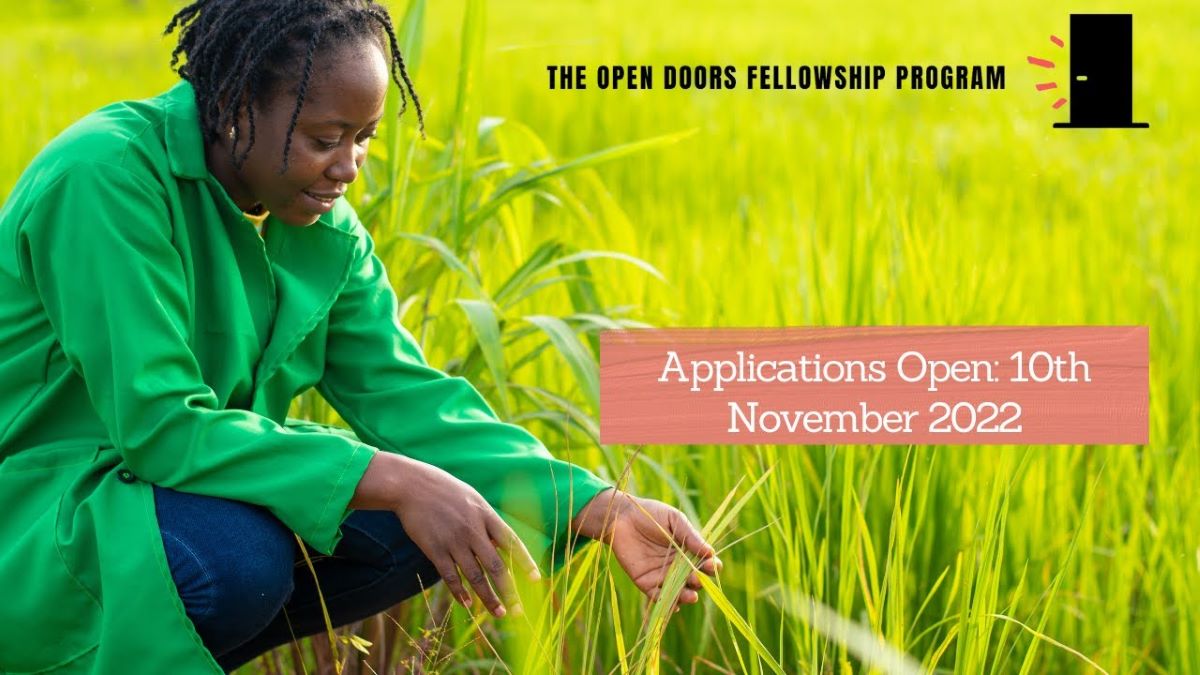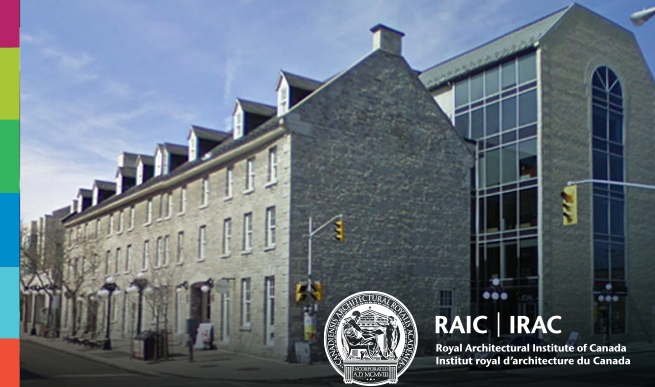
The Open Doors Fellowship Program for women researchers in Africa is a holistic program that shall target women researchers in Africa to help them acquire the necessary hard and soft skills to strengthen their placements within their hosting institutions and, ultimately, avoid dropping out before their consolidation stage.
The VIB-IPBO is committed to supporting women scientists in African research institutions and universities. We are working hard to ensure that through our hard work, outreach efforts, and fruitful partnerships with several African organizations and Belgian institutions, the Open Doors program shall grow, expand and contribute to the empowerment of many more women scientists in Africa.
Why is the Open Doors Program unique in its kind?
The ODFP targets post-doctoral and mid-career women researchers conducting agricultural research in African (inter)national research centres. Our program aims to contribute to the consolidation of mid-career researchers and avoid them leaking from the scientific pipeline. Therefore, through its unique conceptualization and implementation, the program is tailored to our participants’ training needs to provide a fulfilling, nurturing and empowering learning experience.
IMAGE
Two-Phase Curriculum that includes a research stage in Belgium
The program is structured in two phases. In Phase 1 (1-4 months), our fellows expand their research horizons and scientific network in Belgium through a fully-funded short research stage of three months. This stage occurs in a laboratory where fellows can use equipment not accessible in Africa and learn new techniques and skills relevant to fast-track their research.
Yet, our program pursues to actively connect the Belgian laboratories with the existing African research to generate long-term and mutual learning for enriching collaborations. To this end, the continuous North-South and South-South collaborations between the labs are fostered after this phase through diverse projects managed by IPBO.
Fellows chose what to learn and when
Text
While in Belgium, the fellows receive courses on cross-cultural communication, public presentation skills, and how to submit competitive project proposals under the EU Horizon funding scheme, together with their Belgian counterparts.
In Phase 2, upon returning to Africa, our fellows can tailor their training curriculum over16 months by accessing six courses from the VIB training online portfolio on soft, hard skills and coaching courses during this period. Beyond these, the training package includes Negotiation Skills, Project Management and Self-Leadership modules to help our beneficiaries navigate their careers more confidently.
IMAGE
Fellows receive financial incentives to enhance their scientific visibility.
The program supports our fellows’ scientific and public visibility because if research outputs are not visible, our fellows aren’t either. To this end, participants receive training on scientific communication and financial incentives to attend congresses and open-access publication fees.
Objectives of the Open Doors Fellowship Program
Build up the hard and soft skills of our fellows to consolidate knowledge, open new paths of research and navigate their careers with more confidence.
Expand and consolidate the Belgium-Africa scientific networks.
Enhance the scientific outputs of our fellows in fields of research that are relevant to the African agro-biotechnology and agricultural sectors.
Contribute to reducing the dropout from early & mid-career women scientists in African research and academic institutions.
Who are eligible candidates?
Applicants have to be women researchers fulfilling all the following criteria:
- Applicants are post-doc female scholars (minimum one year after defending their PhD) or in mid-career positions who experience challenges to progress in their career path due to limited access to training, infrastructure and international networks. There are no age limits.
- Scholarship candidates should be national and resident in one of the VLIR- UOS scholarship countries (Benin, Burkina Faso, DR Congo, Ethiopia, Kenya, Rwanda, Senegal, South Africa, Tanzania or Uganda); or employee of a target organization in one of these countries (candidates exceptionally can have a different nationality). Candidates from Nigeria will also be supported despite not being VLIR-UOS scholarship countries through our program.
- Applicants’ research fields must be plant breeding, agrobiotechnology, molecular biology and genetics, microbiology, chemical ecology, plant & soil health, livestock or aquaculture.
- Applicants must have an active employment contract in a High Education institution or an (inter)national research centre in any of the countries listed above for the duration of the fellowship (20 months), where they conduct research and teach.
- Applicants are supervising MSc or PhD students and supporting staff.
Documents to fulfil the application process
- A duly filled application (Template for Modality A or B).
- A motivation letter from the candidate.
- A maximum 3-page CV. Please note that a CV with more than three pages will not be reviewed.
- Soft copies of the academic transcripts of the PhD and the diploma.
- A list of publications, including papers, book chapters, technical reviews in indexed journals and patents. Only articles in the Web of Science: Master Journal List will be considered valid publications[1].
- A signed letter from the applicant’s direct supervisor to indicate how she/he intends to support the fellow in completing her training program[2]
- An official signed letter from the Human Resources Office of the applicant’s institution to prove that the applicant has a valid contract in SSA for the duration of the fellowship. The letter also should inform on what support the fellow will receive during the training period. An HR focal point should commit to participating in the four webinars related to gender-equitable practices in the workplace during the 20 months of the fellowship.
- A signed letter from the research centre in Belgium supporting the applicant’s short research stay (only for Modality B applications).
All these documents are compulsory for a valid application. Submissions shall be reviewed upon receipt of the documents via e-mail to ipbo@vib-ugent.be.
Incomplete applications will be notified via e-mail to the applicants, who will have ten days to provide the missing documents. After this period, incomplete applications will be rejected.
![Postdoctoral and Research Opportunities at McGill University [CA]](https://scholaridea.com/wp-content/uploads/2020/06/mcgill-university-30-may-2019-768x402.jpg)

